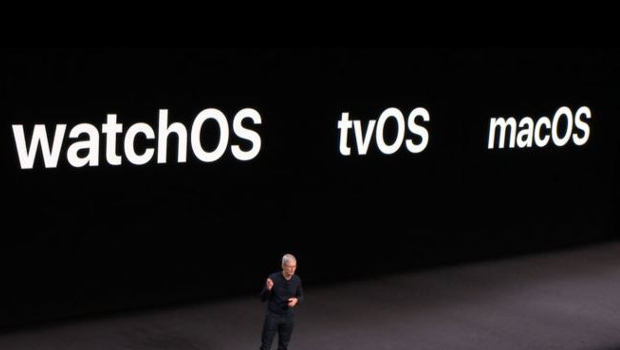 If you want an indication of where Apple thinks the smartphone market is heading, the vendor’s announcements concerning the latest version of iOS provide a fairly handy pointer.
If you want an indication of where Apple thinks the smartphone market is heading, the vendor’s announcements concerning the latest version of iOS provide a fairly handy pointer.
Take a look, for example, at the way in which Apple addressed wider societal concerns over the effect of smartphones by introducing technologies to try and reduce or control the amount of time people spend on their phones. Or the way in which it sought to increase awareness of privacy concerns by implementing changes in Safari that will notify users when Facebook is accessing data on them without their knowledge and ask them if they want to opt out.
Similarly, there was a clear message in the way that Apple highlighted the performance improvements of iOS 12 over iOS 11 not just for newer phones but also for models stretching back to the 5S, introduced in 2013. Typically, vendors emphasise the compatibility of the latest OS with older phone models but they don’t normally promise it will improve their performance. However, according to Apple, when testing iOS 12 using the 6 Plus, the camera app launched up to 70% faster, the keyboard was 50% faster and the share menu was twice as fast.
In all, if iOS 12 lives up to Apple’s promises, 11 different models of the iPhone will not only be compatible with the latest OS but they will benefit from an improvement in performance as well. By promising a boost in speed, Apple is not just encouraging users to upgrade their older devices to the latest version of iOS, it’s also addressing the justified fears, founded on bitter experience, that a new OS negatively affects the performance of an old phone.
That’s an important message because it tells people their investment in an iPhone has been protected, that smartphone vendors should no longer be seeking to force users to upgrade their handsets by using OS updates as a mechanism for forced obsolescence.
Software sells
It also suggests Apple recognises that the pace of hardware innovation in smartphones is declining and, as a result, there is less impetus on users to upgrade their devices with the same frequency as before. We’re already doing it by holding onto our phones longer than we used to because a better camera just isn’t enough of a reason to shell out €700 for a newer phone or to sign up to another 24 month contract.
So the big battle becomes about retaining users and keeping them invested in your platform for longer. Apple is providing a reason for more of the iPhone ecosystem to move to the latest version of the OS, giving the vendor and its developers fewer older platforms and versions to support. Compare that to the Android platform where large numbers of smartphones are still running old versions of the OS.
Apple’s growing services business will also benefit from the latest iOS being available across the widest possible range of its devices as the vendor extends the opportunity to keep people on its platform and using its services.
Part of what Apple is engaged in here is about reflecting user’s expectations for smartphones with the maturity of the market. And now that the ‘wow factor’ over what smartphones can do is starting to fade, our attention is starting to turn to issues such as privacy and the amount of time we’re spending on our phones.
The heady romance stage for smartphones is at an end, now we have to learn to live with them.







Subscribers 0
Fans 0
Followers 0
Followers